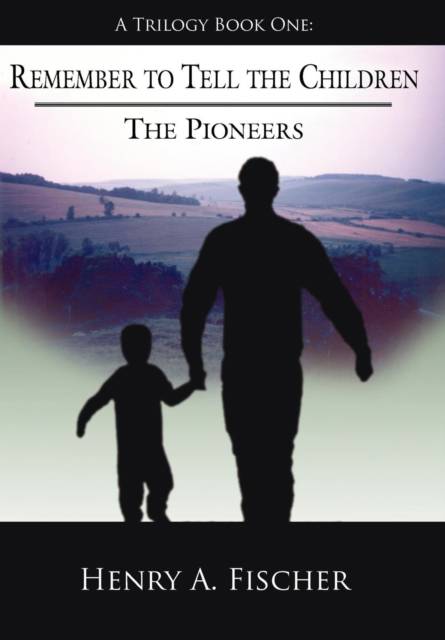
- Retrait gratuit dans votre magasin Club
- 7.000.000 titres dans notre catalogue
- Payer en toute sécurité
- Toujours un magasin près de chez vous
- Retrait gratuit dans votre magasin Club
- 7.000.0000 titres dans notre catalogue
- Payer en toute sécurité
- Toujours un magasin près de chez vous
Remember to Tell the Children
A Trilogy Book One: The Pioneers
Henry A Fischer
Livre relié | Anglais
41,95 €
+ 83 points
Format
Description
The Children of the Danube were on the move again. They were the descendants of the settlers who had joined the trek down the Danube River in the Great Swabian Migration from Germany to the Kingdom of Hungary in the early 18th century. Perhaps like their forebears, adventure may have been the driving force for some of them, while desperation drove others as they sought to make a life for themselves and their families. They were faced with limited options if they remained in their original settlements: where land was running out, restrictions against the Lutherans and Reformed were becoming more intolerable and the increasing and often unjust demands of the nobles made it more and more difficult to provide for their families. For those reasons and others, the Children of the Danube were on the move everywhere but wherever they went they planted their roots deeply into the soil of Hungary and their faith, customs, traditions and language thrived and flourished among them in this new emerging environment for the succeeding generations. The Pioneers tells this story through the lives and loves of three generations of the Tefner family in the unfolding story of Dörnberg where their lives intersected with the families who would eventually become part of the author's extended family and which they shared with all the others who were part of their life together. They found themselves isolated, confronted by a wilderness and created an economic miracle. Destructive fires and raging floods, famine and drought, bandit raids and epidemics tested them but did not overcome their indomitable will, which was sustained by their faith. A faith that was outlawed but continued underground unabated until the Edict of Toleration granted them freedom of conscience. Nor would they simply cower before the injustices inflicted upon them by the nobles and authorities without protest. Their lives were lived within the broader scope of the history of their times that played a vita
Spécifications
Parties prenantes
- Auteur(s) :
- Editeur:
Contenu
- Nombre de pages :
- 740
- Langue:
- Anglais
Caractéristiques
- EAN:
- 9781425939199
- Date de parution :
- 06-07-06
- Format:
- Livre relié
- Format numérique:
- Genaaid
- Dimensions :
- 152 mm x 229 mm
- Poids :
- 1229 g

Les avis
Nous publions uniquement les avis qui respectent les conditions requises. Consultez nos conditions pour les avis.






